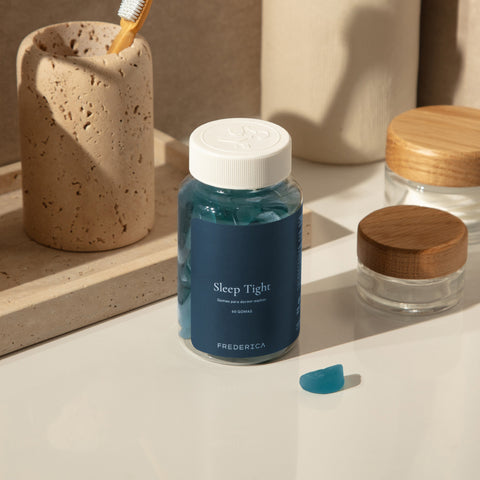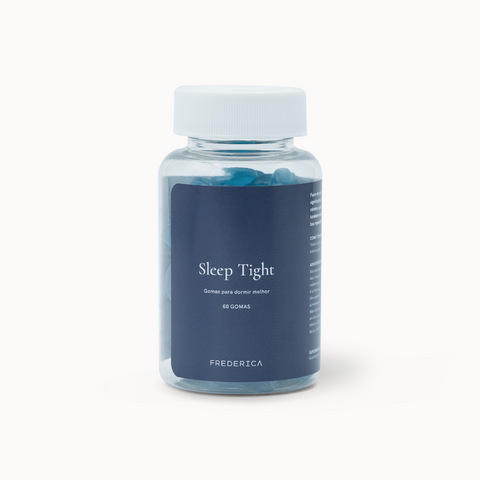What time did you go to bed last night? How long did you sleep? Did you get enough sleep? Quality sleep is essential for the correct functioning of our body, but the truth is that, even knowing this, we end up putting the importance of a good rest on the back burner.
Our weight, metabolism and mood, as well as our energy levels, are directly affected by the quality of our sleep (or lack thereof). There are those who have a set time to go to sleep and there are those who let themselves be “guided by the tide”, preferring to go to bed when tiredness requires it or when family or professional tasks are finished.
This question takes us to the central point of the topic: we all know what time we have to wake up the next morning, but few people know the right time to go to sleep. There is a specific amount of sleep recommended for each individual so that the body can function at its best. That's why it's so important to calculate the best time to go to bed, based on your wake-up time and natural sleep cycles.
The amount of sleep we need changes throughout our lives. According to Healthline , a child may need up to 17 hours of sleep per day, while an older adult may only sleep seven hours per night. We all have different sleep needs to feel sufficiently rested. Different people, even those of the same age, may need a different number of hours to feel full.
According to the National Sleep Foundation , general recommended sleep guidelines for different age groups are:
- Birth to 3 months: from 14 to 17 hours;
- 4 to 11 months: 12 to 15 hours;
- 1 to 2 years: 11 to 14 hours;
- 3 to 5 years: 10 to 13 hours;
- 6 to 13 years old: 9 to 11 hours;
- 14 to 17 years old: 8 to 10 hours;
- 18 to 64 years old: 7 to 9 hours;
- 65 years and over: 7 to 8 hours.
Sleep stages and cycle lengths
According to the same source, the time we should go to bed is based on factors such as the importance of being able to complete five or six 90-minute sleep cycles, as well as the time we have to wake up.
When we fall asleep we go through several sleep cycles which, in turn, have four stages each. According to the National Sleep Foundation , the first stage is the period between waking up and falling asleep; the second represents the beginning of sleep; the third is the deepest sleep stage and has a restorative function; and, finally, the last stage happens when our brain is most active and when we have dreams.
Each cycle takes, on average, 90 minutes to complete. Therefore, in order to get between 7 and 9 hours of sleep per night, we must complete five or six cycles. The best option will be to wake up at the end of a cycle, not in the middle of one. The second option, in addition to making it much more difficult for us to get out of bed, will not allow us to achieve the same feeling of energy and well-being that we would have if we had let this process end.
Before going to sleep, avoid looking at your TV or cell phone screens, read a book and relax. If you have difficulty falling asleep, put on some relaxing ambient music – the best tip for waking up in a better mood the next morning.
Get our QUIET SLEEP ROLL-ON — INSPIRA .
The Sono Tranquilo — Inspira roll-on brings together a combination of essential oils of lavender (antidepressant and regenerating), chamomile (to help combat insomnia) and neroli (relaxing and helps lift your spirits) . This mixture creates an essence capable of providing a regenerating and peaceful night's sleep, so that you can sleep longer and better, relaxing and calming your mind, not only before going to sleep, but also in moments of great tension and anxiety. Purchase it through this link .
















